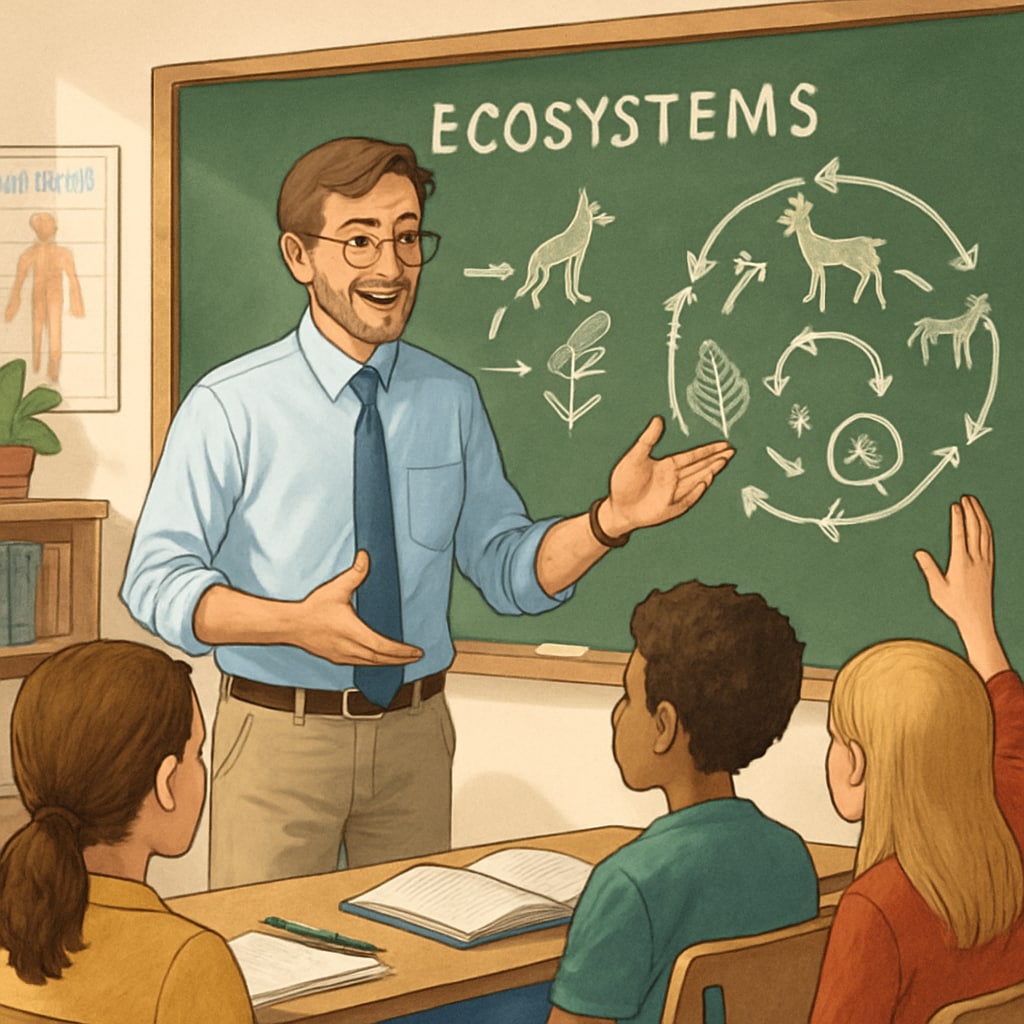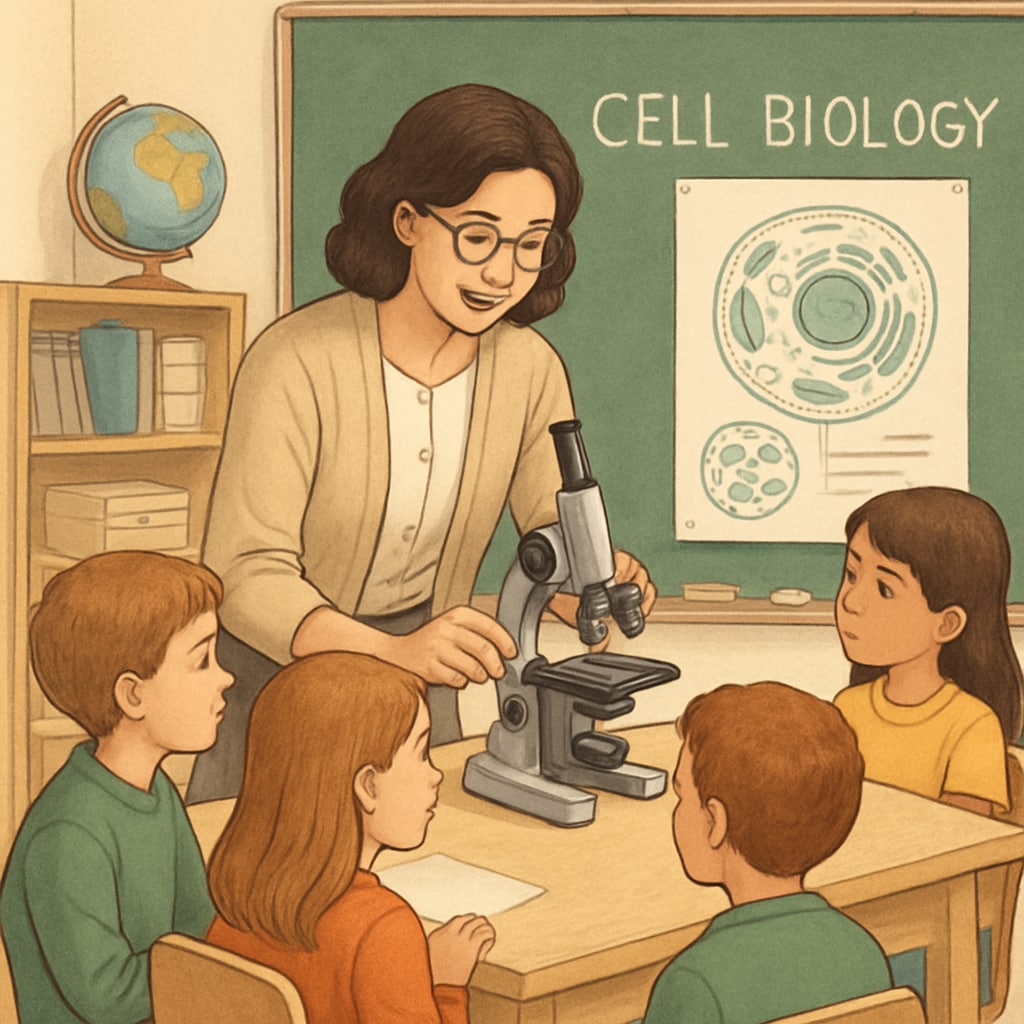For biology majors exploring new career opportunities, transitioning into education offers a promising path. The shift from the laboratory to the classroom not only allows individuals to apply their scientific knowledge but also enables them to inspire the next generation of learners. This article explores the feasibility of this career shift, the unique advantages interdisciplinary backgrounds bring to K-12 education, and practical strategies for biology majors seeking a rewarding role in teaching.

The Feasibility of Transitioning from Biology to Education
Shifting from a biology-focused career to education is both feasible and rewarding. Many biology majors possess skills that align with the demands of teaching, such as analytical thinking, problem-solving, and effective communication. Moreover, the increasing emphasis on STEM (science, technology, engineering, and mathematics) education in schools has created a high demand for teachers with strong science backgrounds.
To facilitate the transition, pursuing a Master of Education (M.Ed.) or a teaching certification program is a common path. These programs not only provide pedagogical training but also equip candidates with classroom management skills and curriculum development techniques. For example, organizations like Teach for America offer alternative certification routes, enabling individuals to teach while completing the necessary qualifications.
Unique Advantages of Biology Majors in Education
Biology majors bring a wealth of unique strengths to the classroom. Their scientific expertise can enrich lessons, making complex topics engaging and accessible to students. Here are some specific advantages:
- Real-world Applications: Biology majors can draw from their laboratory experience to demonstrate the practical relevance of scientific concepts.
- Interdisciplinary Perspective: Their background enables them to integrate biology with other subjects, fostering a holistic learning experience.
- Inquiry-based Teaching: Familiarity with the scientific method allows them to encourage critical thinking and experimentation.
Additionally, biology educators play a pivotal role in addressing global challenges like climate change and public health by fostering scientific literacy among students. According to the Encyclopedia Britannica, science education is critical for developing informed citizens capable of making evidence-based decisions.

Practical Strategies for Career Transition
For biology majors considering a move into education, the following strategies can help streamline the process:
- Gain Classroom Experience: Volunteering as a tutor or teaching assistant can provide valuable insights into the teaching profession.
- Pursue Certification: Enroll in an accredited teacher preparation program or alternative certification pathway.
- Leverage Professional Networks: Connect with educators through platforms like LinkedIn or local teaching organizations to learn from their experiences.
- Highlight Transferable Skills: Emphasize skills such as research, data analysis, and communication in job applications and interviews.
In addition to these steps, attending education-focused workshops or conferences can provide further inspiration and guidance. For example, the National Science Teaching Association (NSTA) offers resources and events tailored to aspiring science educators.
By taking these proactive steps, biology majors can successfully navigate the transition and embark on a fulfilling career in education.
Concluding Thoughts: Embracing the Transition
Transitioning from biology to education is a journey filled with opportunities for personal and professional growth. By leveraging their scientific expertise and embracing the challenges of teaching, biology majors can make a meaningful impact on students’ lives and contribute to the broader goal of enhancing STEM education. Whether through pursuing an advanced degree, gaining classroom experience, or connecting with mentors, the path is accessible and rewarding.
For those ready to step out of the lab and into the classroom, the world of education awaits—with its unique challenges and profound rewards.
Readability guidance: This article uses concise paragraphs, lists, and a balanced mix of active and passive voice for clarity. Transitions like “for example” and “in addition” are used to ensure smooth reading flow.


